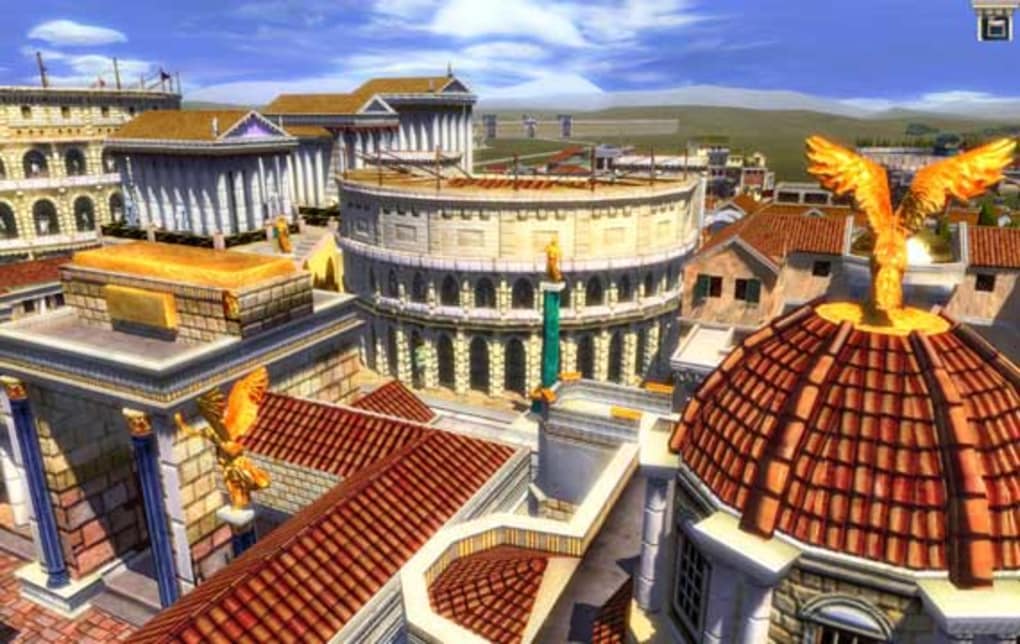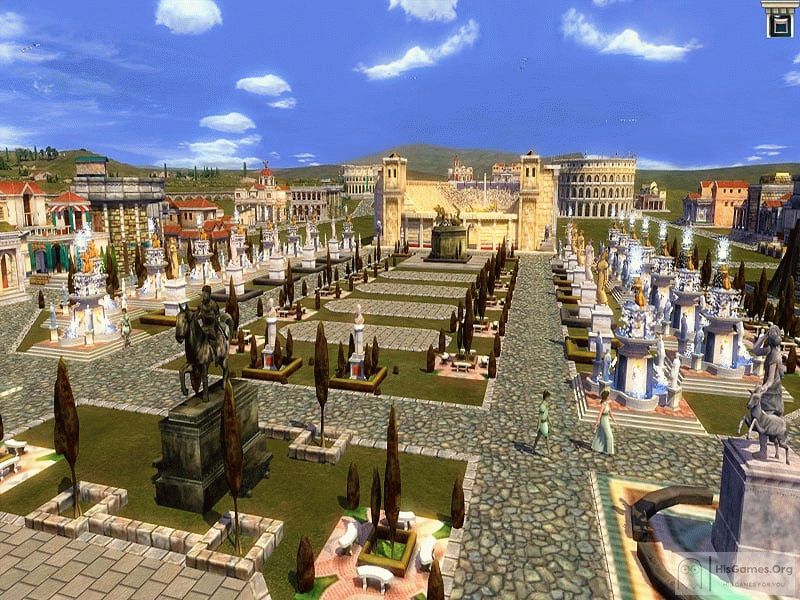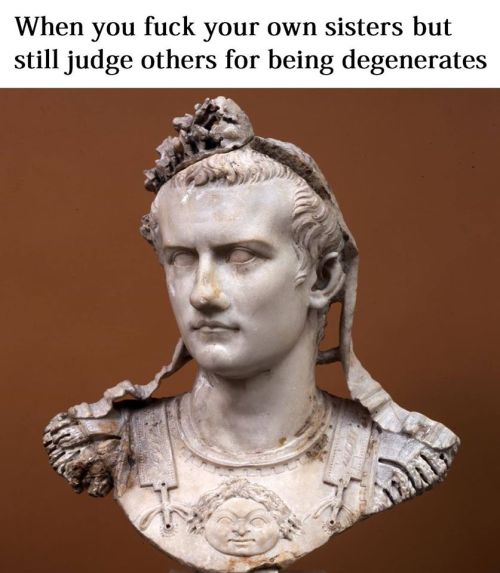
A "random" walker will often go farther in 1 out of 4 walks, but in some situations (depending on the nearby road network and perhaps other things) it won't.

A few walkers (including prefects and engineers) usually go considerably farther (I think over 40 tiles). Most "random" walkers usually go about 26 tiles and then return to their building. While we know something about their behavior, they are called "random" for a reason. You have some fundamental misunderstandings about "random" walkers. Hi Jupiter 2000, welcome to Caesar III Heaven. (by the way, the city I created was too large to fit into one image so I had to put it in two sections, one above the other).
#Caesar iv plebeian how to#
I have not yet had the chance to try building this city, and wondered if anyone had any suggestions on how to improve it. I designed the city below, which is designed to support 2x2 plebeian housing. I eventually came up with a variation on one of the designs I found, which seems to work quite well when arranged together around a central service block. This limits control over random walkers in the game, something I didn't want to happen. However, most of the designs I found created many intersections when placed together in groups. I decided to look online for any good designs that had already been created. I started on the City Construction Kit level in Londinium, and soon discovered the necessity of building suburbian housing blocks. To an Elizabethan audience, such dramatic tension would have been both threatening and seductive.Although I have had Caesar III for a couple of years, I've only recently started playing it seriously. Theater's power has been to continue the strife rather than to resolve it. By means of the theatrical, then, the people have been convinced to act, not in their own best interests but in the interests of Antony, Octavius, and Lepidus. When Antony gradually uncovers Caesar's body and exposes its wounds, the first Plebeian responds with "O piteous spectacle" and that is precisely what it is. Antony's persuasive rhetoric that follows allows him to realize his objective: to incite the mob to revolt against the conspirators, with another showy scene. This is a exhibition meant to move an audience - and it works.

Imagine the power of Antony's entrance as he bears Caesar's body in his arms. The opportunity to stage a scene is evident to the reader and to at least one of the conspirators, Cassius, who tries to dissuade Brutus, but to no avail. Unfortunately, Brutus does not recognize what Antony is up to when he asks to give Caesar's funeral oration in Act III, Scene 2. The people perceive this and refuse to accept him as their ruler.Īntony is much more successful with his theatrics. "If the tag-rag people did not clap him and hiss him / according as he pleased and displeased them, as they use to / do the players in the theatre." Caesar's performance isn't good enough. well, if you insist." (For another example of this dramatic effect, one which works more successfully for the protagonist, see Shakespeare's Richard III.) Caesar's stage managing backfires though, and instead of acclaiming him, the people behave like a real audience passing judgement on the quality of the spectacle. Think of this as someone refusing an award, saying, "Oh no, I couldn't possibly. Caesar has staged a mock refusal of the crown, thinking that he will build a desire in his audience (the plebeians) that he eventually accept it. Later in the scene, Casca enters and reports on the offstage theater that has taken place. A number of characters use theater in an attempt to persuade.ĭuring the first meeting of Cassius and Brutus, (Act I, Scene 2), they hear a number of shouts. In Julius Caesar, theatricality is both an example of one of the major themes of the play, persuasion, and a comment on the deterioration of the state of Rome. Playwrights of the time, and Shakespeare in particular, made use of this metaphor in a number of ways (for an interesting example, take a look at Hamlet and the play within a play, The Mousetrap). Her subjects were both her fellow actors and her audience.

Queen Elizabeth staged many public processions and scenes and created and lived the role of the Virgin Queen. It is a common trope of Elizabethan thinking to draw attention to life's fictions. At this moment of highest drama, one of the chief actors of this piece draws attention to its theatricality. In states unborn and accents yet unknown!Ĭassius speaks these words in Act 3, Scene 1 just as he convinces the exultant conspirators to smear their hands with Caesar's blood. Shall this our lofty scene be acted over,


 0 kommentar(er)
0 kommentar(er)
